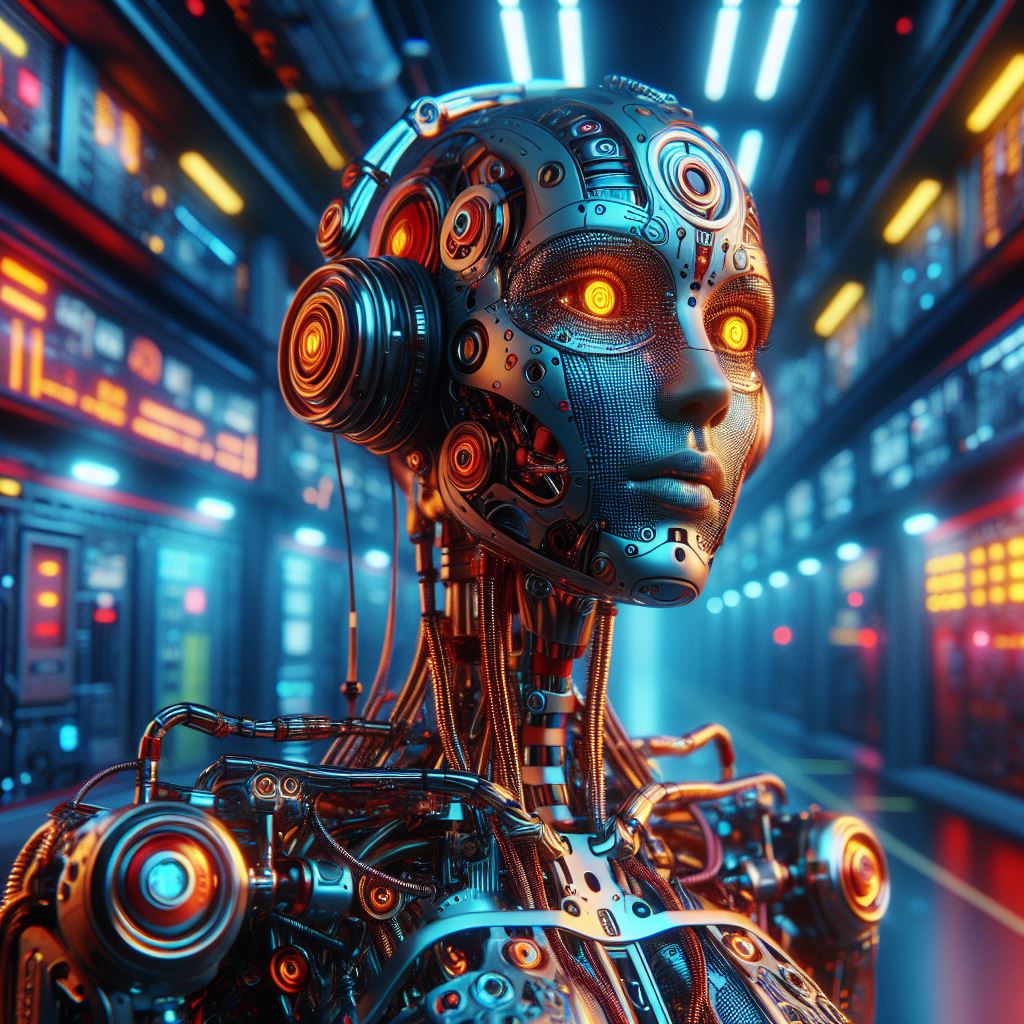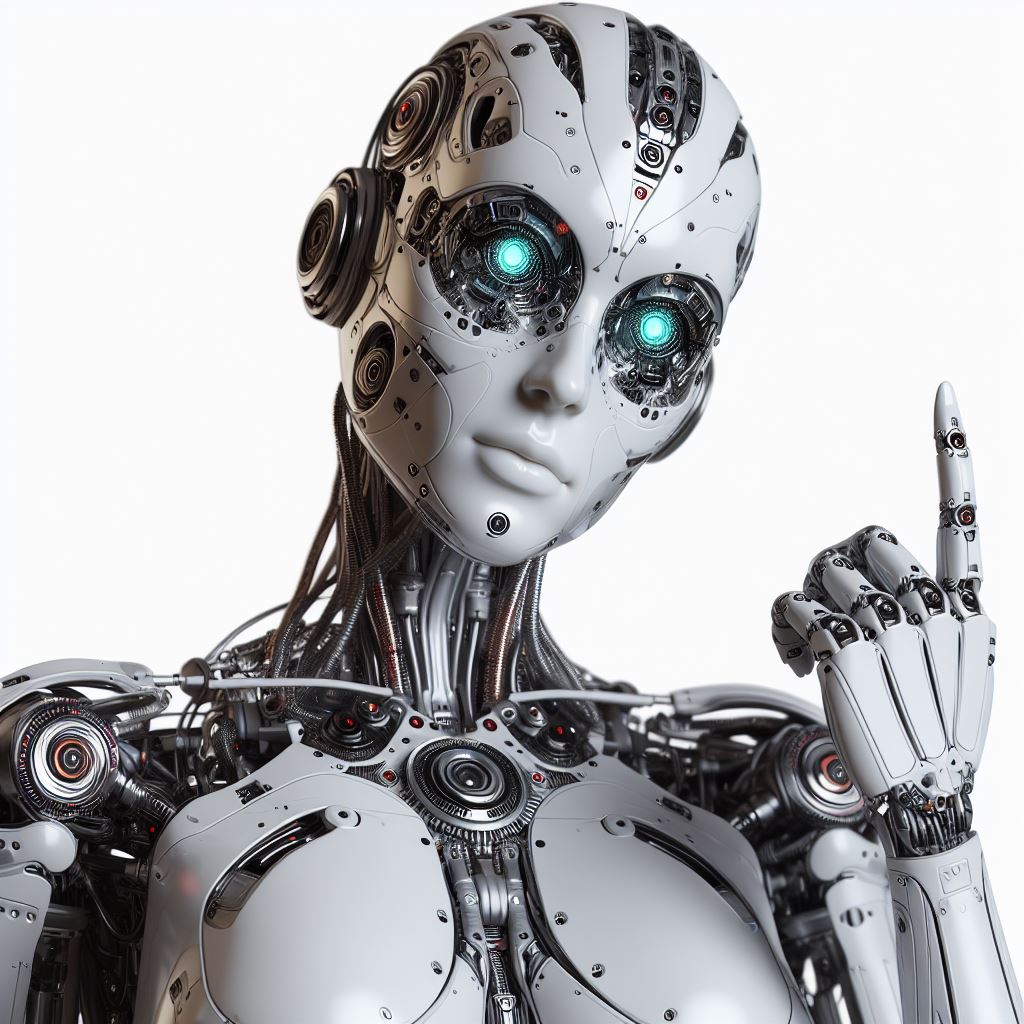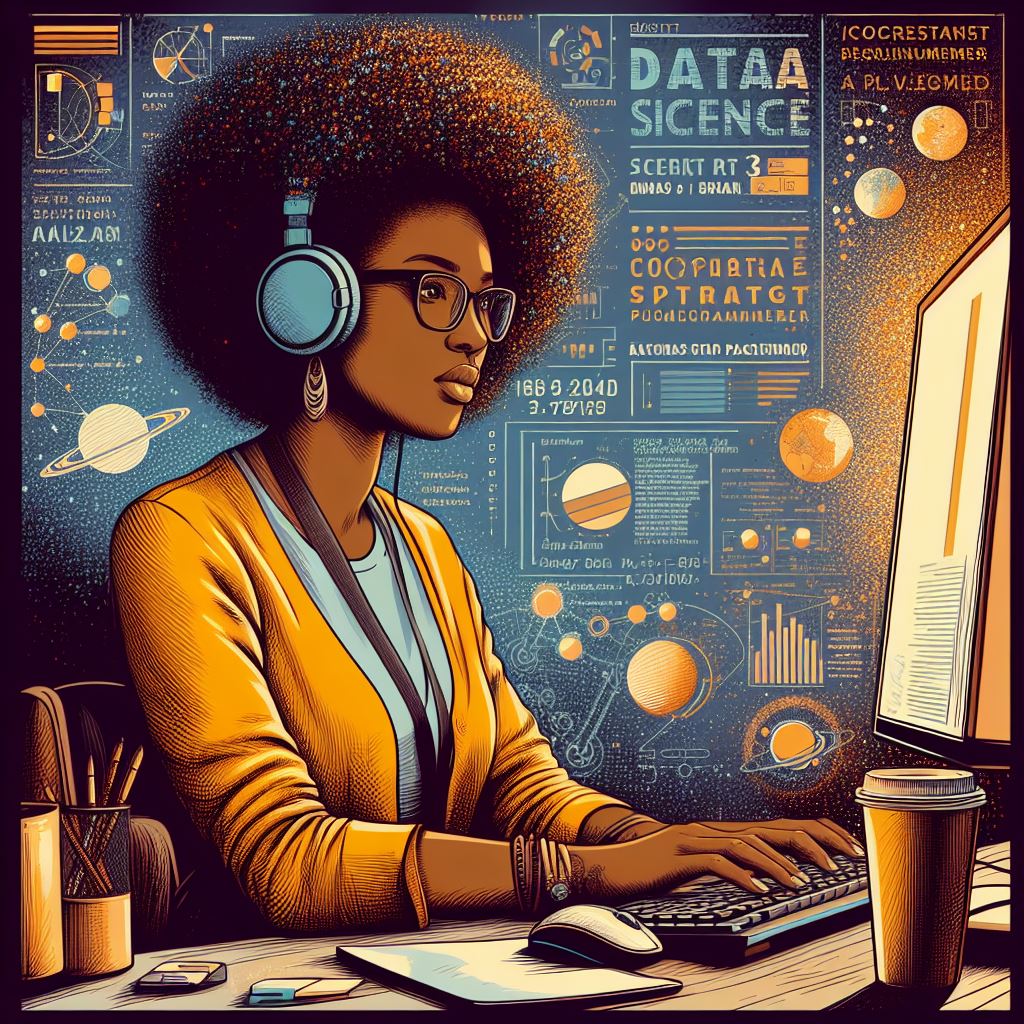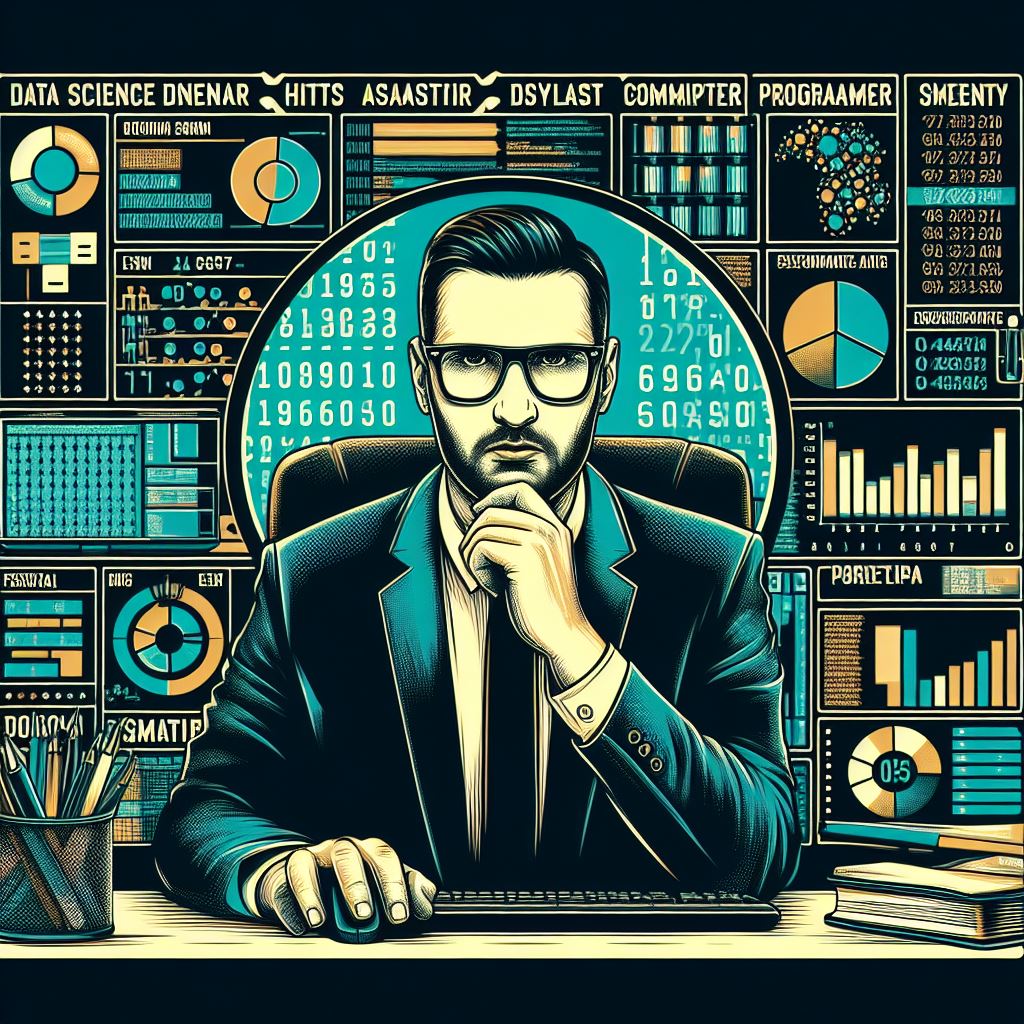In recent years, home automation has emerged as one of the most transformative technologies, revolutionizing the way we interact with our living spaces. With the integration of Machine Learning (ML) and Artificial Intelligence (AI), home automation is reaching new heights in efficiency, convenience, and intelligence. These advancements allow homeowners to create highly personalized and adaptive environments, improving both comfort and energy efficiency. In this article, we’ll explore how ML and AI-powered devices are shaping the future of home automation.
What is Home Automation?
Home automation refers to the use of technology to control household systems and appliances remotely. It typically involves devices like smart thermostats, security cameras, lighting systems, and more, which can be managed from a smartphone or tablet. These devices often feature connectivity, allowing for real-time monitoring and adjustments, even when you’re away from home.
Machine Learning’s Role in Home Automation
Machine Learning plays a pivotal role in making home automation smarter. ML algorithms enable devices to learn from user behavior, predict preferences, and automate tasks based on patterns. For example, smart thermostats like the Nest Learning Thermostat use ML to understand your daily schedule and adjust the temperature accordingly, ensuring optimal comfort while saving energy. Over time, as these devices collect more data, they become even more accurate and efficient, reducing the need for manual input.
Another impressive application of ML in home automation is in predictive maintenance. Devices like smart refrigerators or washing machines can detect anomalies, such as unusual temperature fluctuations or vibrations, and notify homeowners about potential issues before they become serious problems. This early detection helps avoid costly repairs and ensures devices operate at peak performance.
Artificial Intelligence in Home Automation
AI takes home automation a step further by providing cognitive capabilities to smart devices. AI allows devices to not only perform tasks but also make decisions and adapt to user needs in real time. One of the most well-known AI-powered home automation devices is Amazon’s Alexa and Google Assistant, both of which use natural language processing (NLP) to understand and respond to voice commands. These AI assistants can control a wide range of devices, set reminders, play music, and even order groceries.
AI also enhances home security through smart cameras and doorbell systems. AI-powered cameras, such as those used in Ring doorbells, can recognize faces, distinguish between different objects, and alert homeowners of any suspicious activity. This ensures that security systems are not only reactive but proactive in safeguarding your home.
Benefits of ML and AI-Powered Home Automation
Energy Efficiency: ML and AI help optimize energy use by predicting when devices will be most needed. For example, smart lighting systems can adjust the brightness based on the time of day or occupancy, reducing energy waste.
Convenience: With AI-powered voice assistants and machine learning-driven automation, controlling your home environment becomes effortless. You can schedule tasks, control devices remotely, and enjoy a seamless experience without lifting a finger.
Security: AI and ML contribute to smarter security systems. Machine learning helps identify patterns and unusual behaviors, while AI allows systems to make real-time decisions about potential threats, providing enhanced home protection.
Personalization: AI and ML algorithms learn your habits and preferences over time, creating a more tailored living experience. From adjusting room temperature to setting up lighting scenarios, these devices evolve to match your lifestyle.
Cost Savings: AI and ML can help you save money in the long term. By optimizing energy usage and reducing the need for manual intervention, smart devices lower utility bills and maintenance costs, making them a smart investment.
Future of Home Automation with ML and AI
The future of home automation looks even brighter with ongoing advancements in ML and AI. With the growing adoption of the Internet of Things (IoT), more devices will be interconnected, allowing for smarter, more intuitive environments. As AI becomes more advanced, home automation systems will not only respond to user commands but anticipate needs and adapt to changing circumstances automatically. From smart kitchens to automated cleaning systems, the possibilities for creating intelligent, self-regulating homes are endless.
In conclusion, the integration of ML and AI in home automation offers a glimpse into a more efficient, comfortable, and secure future. These technologies are revolutionizing the way we live, providing us with intelligent devices that learn from our behavior and make our homes more responsive to our needs. As innovation continues, we can expect even more groundbreaking solutions that will further transform our living spaces.



